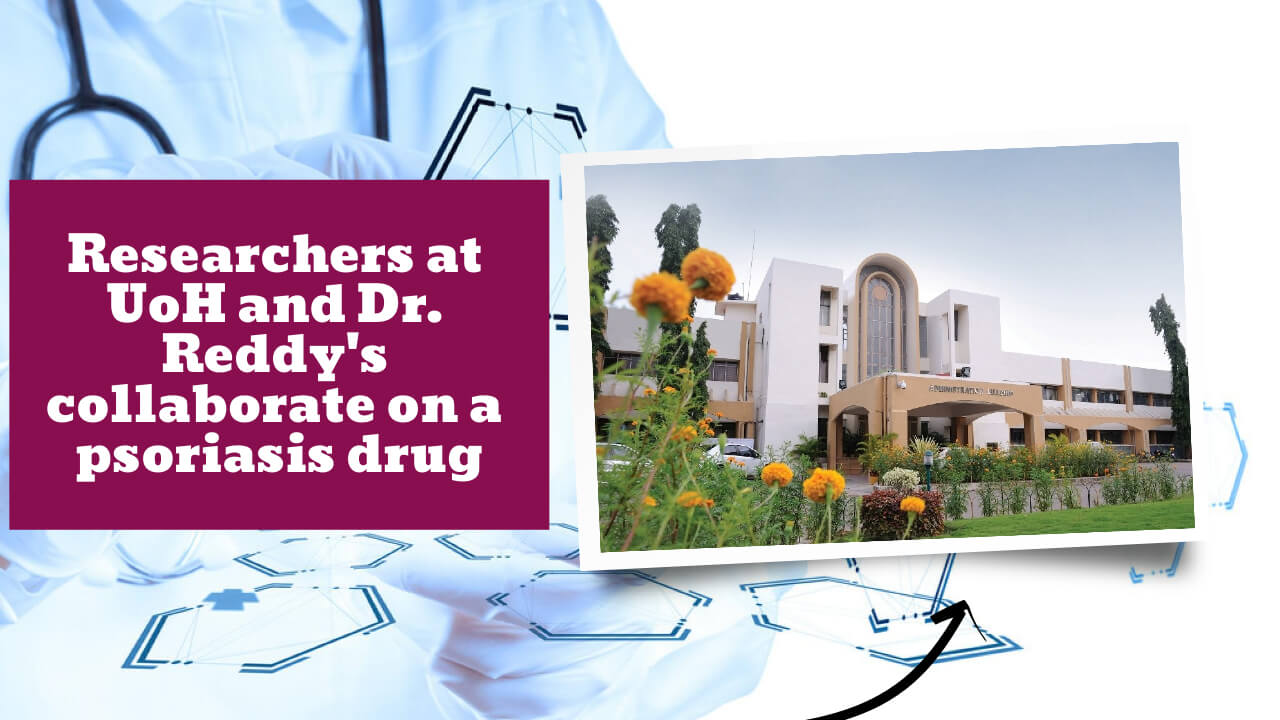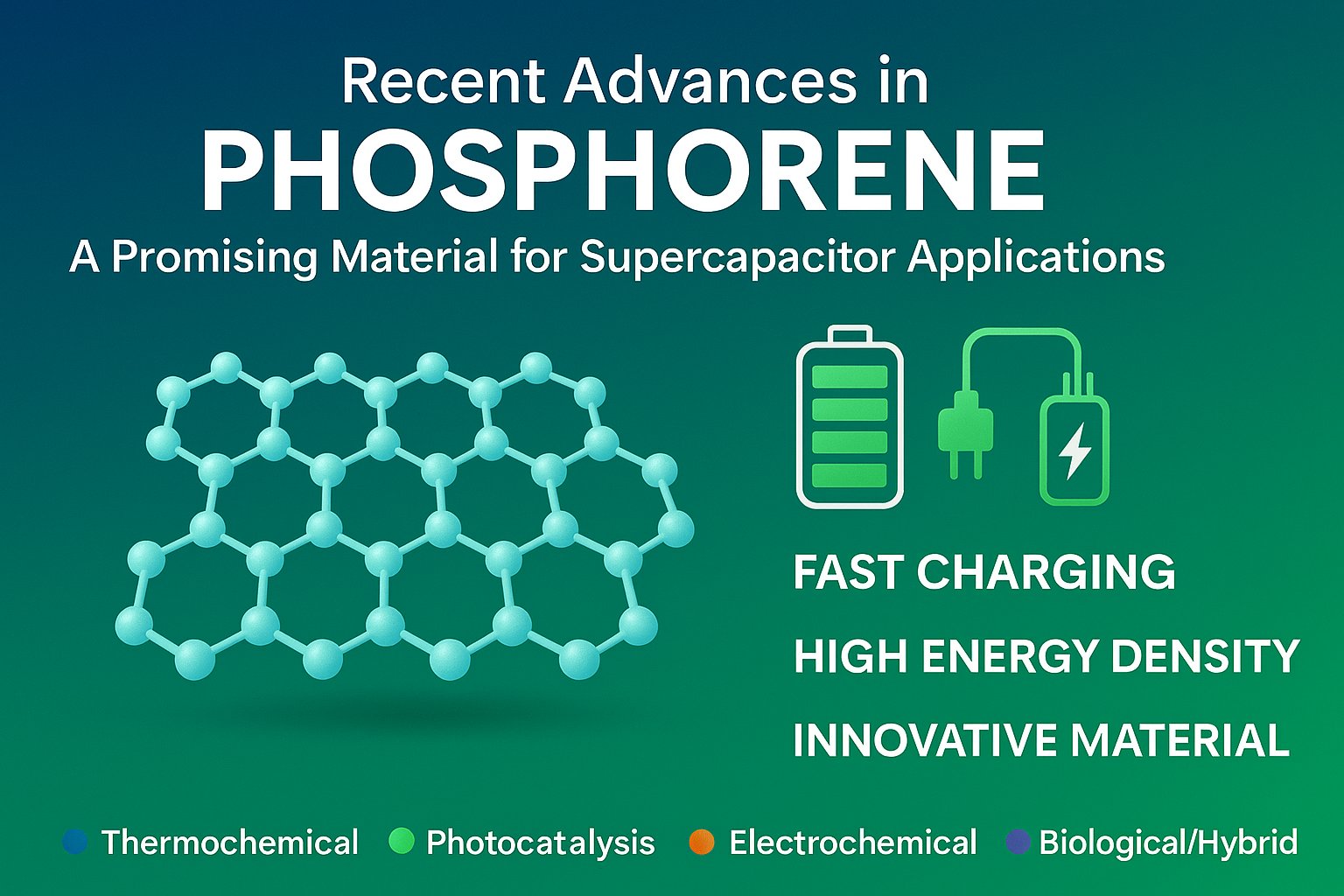Psoriasis drug discovery and development have been validated through experiments on a project on ’12R-Lipoxygenase or 12R-LOX as target for 12R-LOX’ Mammal COX and LOX pathways produce the most common polyunsaturated fat.
Key Highlight:
- Mammal COX and LOX pathways produce the most common polyunsaturated fat.
- Arthritis, psoriasis, coronary heart disease, allergies and asthma are just some of the inflammatory diseases that can be caused by uncontrolled production of these substances.
Dr. Reddy’s Institute of Life Sciences and University of Hyderabad’s School of Life Sciences collaborated on a research project on ’12-R-Lipoxygenase or 12RLOX as the target for discovery and development of drugs against Psoriasis,’ which was funded by the Department of Science and Technology (DST) and Dr. Reddy’s Laboratories Ltd (DRL).
COX (Cyclooxygenase) and Lipoxygenase (LOX) pathways oxygenate the most prevalent polyunsaturated fatty acid in mammals, resulting in the formation of compounds known as eicosanoids, which are potent bioactive molecules. Arthritis, psoriasis, coronary heart disease, allergies, and asthma are just some of the inflammatory diseases that can be caused by uncontrolled production of these substances, according to a University of Houston release.
Psoriasis is the accumulation of 12R-hydroxyeicosatetraenoic acid (12R-HETE), a product of 12R-LOX, on the skin. During Psoriasis, 12R-LOX is over-expressed, according to research. As a result, COX and LOX have become the natural targets for drug development for various inflammatory disorders.
Researchers from the University of Houston (UoH) and Dr. Reddy’s (DR) laboratories have confirmed that 12R-LOX is a target for developing an anti-psoriasis drug, with the help of Drs. Kumar Reddy, Harshavardhan Bhuktar, Sharda Shukla, and Prof. Manojit Pal. The discovery has also been patented, according to the release.





[…] Researchers at UoH and Dr. Reddy’s collaborate to develop a psoriasis… […]